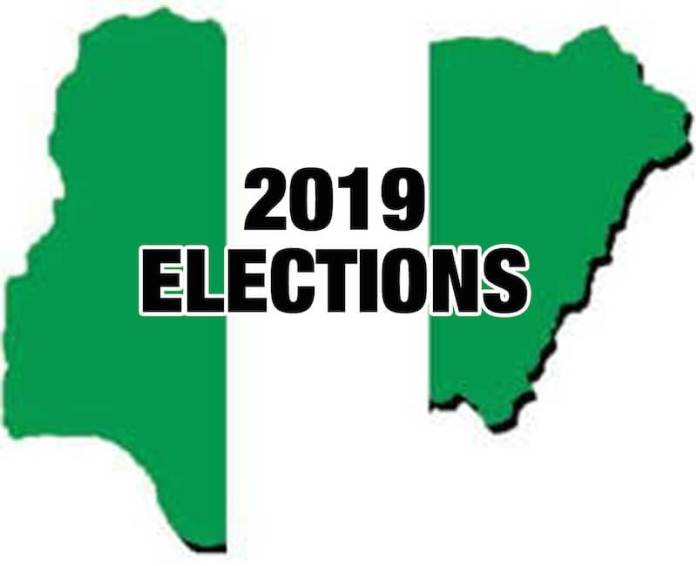by Edwin Okolo
In an upset that equal parts surprising to certain parties and expected to others, former Minister of solid minerals Kayode Fayemi was elected into the office in the 2018 Ekiti state elections. He overthrew Governor Ayo Fayose, once a favourite of the Ekiti people having been voted into office, impeached and then re-elected in the 2014 elections.
Ekiti state has had a most unconventional electoral process, managing to run through six governors (including an acting governor) and a military administrator in the 19 years since independence. As a result, the state has become an early precursor of much larger electoral trends and the 2018 elections have offered us several important lessons to consider as we move into the 2019 general elections.
- VOTE BUYING WILL NOT BE SOLVED IF THE UNDERLYING CONDITIONS ARE NOT ADDRESSED:
In the days leading to the 2018 Ekiti state elections, reports began to surface that agents from the major political parties in the state, APC and PDP had tried to influence the voting choices of the Ekiti electorate by giving cash gifts to the people of the state. The 2014 elections in Ekiti were also marred by allegations of voter inducement. While the conversation since the elections have revolved around these allegations, the conversation has failed to address the more insidious problem that allows cases of voter inducement happen in the first place. Nigeria was recently declared the extreme poverty capital of the world, with 6 people falling into poverty every second.
If the systematic poverty in Nigeria isn’t addressed through structural reforms that empower Nigerians and offer them avenues to escape poverty through entrepreneurship and welfare packages that raise the general standard of living, voter inducement through bribes and financial incentives will continue to be a problem in Nigerian elections. We will not be able to solve this problem before the 2019 elections, but it is well within the power of the National Assembly and the Independent National Electoral Commission to strengthen the laws that prevent political candidates from trying to manipulate elections through voter inducement. If there are stronger laws and more steep punishment, it will deter most political hopefuls from taking this route.
2. VOTER EDUCATION DOESN’T END WITH COLLECTION OF PVC
The National Independent Electoral Commission has done excellent work educating the voting public on how to obtain their permanent voter’s cards, but as the Ekiti elections showed, much of the electorate were still ignorant about many aspects of the election process itself. There were reports of party agents requesting to aid voters in the process of casting their votes, under the pretext that the voters didn’t understand how to use the ballot papers or were ignorant to how the machines used to verify voters cards worked. This information should have been readily available to the voters months before the actual elections.
The scale of the general elections in 2019 necessitates that INEC must engage in exhaustive campaigns to educate voters not just about their PVCs but also about every part of the voting process, how to recognise the materials that will be used in the voting process and what is legally permissible within the voting area. This will go a long way to ensure that the actual elections are hitch free.
3. THE POLITICAL PARTIES MUST BE FULLY INTEGRATED INTO THE ELECTION PROCESS
Ekiti state has had long and storied history of party activism. Political parties within the state are well known to community elders and are active within their communities, participating in community development and youth empowerment. Unlike most states where political parties have no physical impact outside of election year, Ekiti’s political party branches are able to wield significant influence because of their grassroots participation.
In the 2019 elections, INEC, the government and the electorate must all demand more of political parties at all levels. they must impress on political parties the importance of active and continuous community participation and encourage them to take on the responsibility of year long community engagement in matters of elections, party activism and community development. This way, the parties feel more obligated to field candidates that are not just economically and politically viable, but also candidates who have proven themselves within their communities and the much larger party. It would increase accountability, as was the case during the 2014 and 2018 elections and reduce the burden of voter education on INEC.
